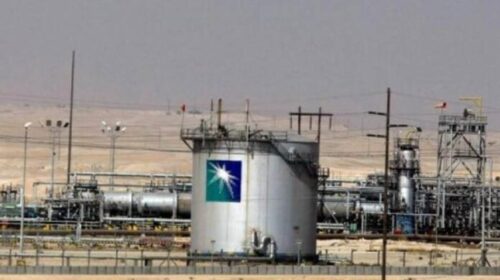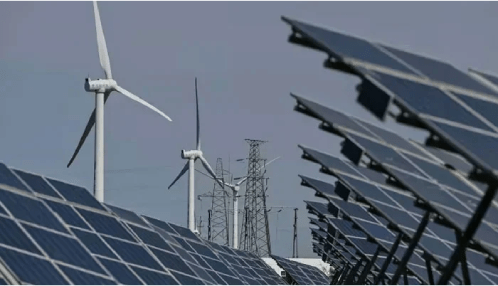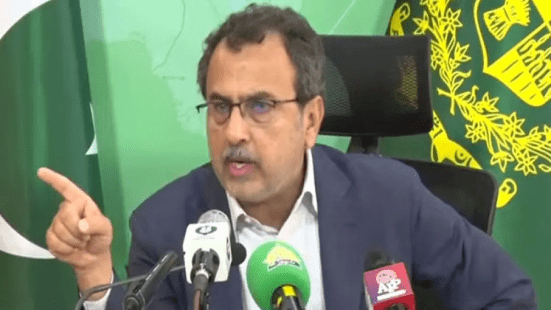Saudi Arabia, United Arab Emirates (UAE) and Pakistan are likely to set up a new refinery in the port city Gwadar, Balochistan with a heavy investment and the newly appointed Secretary Petroleum has called an important meeting in this regard on Monday.
According to sources, newly-posted Secretary Petroleum Capt (r) Muhammad Mahmood has been striving hard to finalize the establishment of a new refinery in the country with the huge investment of Saudi Arabia and UAE. They said that the incumbent Secretary Petroleum has been consulting the concerned local stakeholders prior to finalizing the deal for setting up the new refinery in the country. And, in this regard a virtual meeting with Saudi Aramco is scheduled on Monday in the petroleum division. They said former prime minister Shahid Khaqqan Abbasi, Minister of State (Petroleum Division) Musadik Masood Malik, Secretary Petroleum, Director General (Oil), managing directors (MDs) of Pakistan State Oil (PSO) and Pak-Arab Refinery Company Limited (PARCO) will attend this meeting. Last week on Tuesday, present Secretary Petroleum had also called a meeting on the subject matter and former prime minister Shahid Khaqqan Abbasi, Minister of State (Petroleum Division) Musadik Masood Malik, senior officials of petroleum division, Director General (Oil), MDs of Attock Refinery Limited (ARL), Pakistan Refinery Limited (PRL) and Pak Arab Refinery Limited (PARCO) attended this meeting, said sources.
In order to materialize the establishment of a new oil refinery with the investment of Saudi Arabia, UAE and Pakistan, the newly appointed Secretary Petroleum Capt (r) Muhammad Mahmood has been vigorously pursuing to introduce the new refinery policy 2022 as early as possible, the sources added.
Sources said that the UAE had earlier planned to set up a deep-conversion, state-of-the-art refinery that would have an output of 500,000 barrels per day in Hub (a town in Balochistan) with PARCO while Saudi Arabia also shown interest to set up an oil refinery in Pakistan’s deep-water port of Gwadar with oil refining capacity of 500,000-600,000 barrel/day. However, since there is no capacity in the system for two new oil refineries, it is likely that Saudi Arabia, UAE and Pakistan will jointly set up a new oil refinery in Pakistan with an output of five lakh barrels per day, they added.
Currently, there are five players operating in the oil refining sector in Pakistan including, Pak-Arab Refinery Limited (PARCO), Attock Refinery Limited (ARL), National Refinery Limited (NRL), Pakistan Refinery Limited (PRL) and Cnergyico Pk Limited (CPL). All of the refineries are hydro skimming refineries, except for PARCO which is a mild-conversion refinery.
Pakistan’s oil refining capacity is about 450,000 barrels per day (bpd), equivalent to 20 million tons per annum.
The product slate typically comprises of energy products i.e. Naphtha, Motor Gasoline (MS), High Speed Diesel (HSD), Furnace Oil (FO), Kerosene, Jet fuel (JP-1&JP-8), High-Octane Blending Component (HOBC), Liquefied Petroleum Gas (LPG), Light Diesel Oil (LDO) and non-energy products.
Historically, local refineries have supplied about 60% of the country’s requirements of Diesel, 30% of Motor Gasoline and 100% of Jet fuel for defense. The rest is imported as refined products. Pakistan has been importing significant volumes of petrochemicals, worth more than USD 2 billion annually, as there is no primary petrochemical production facility in Pakistan.







